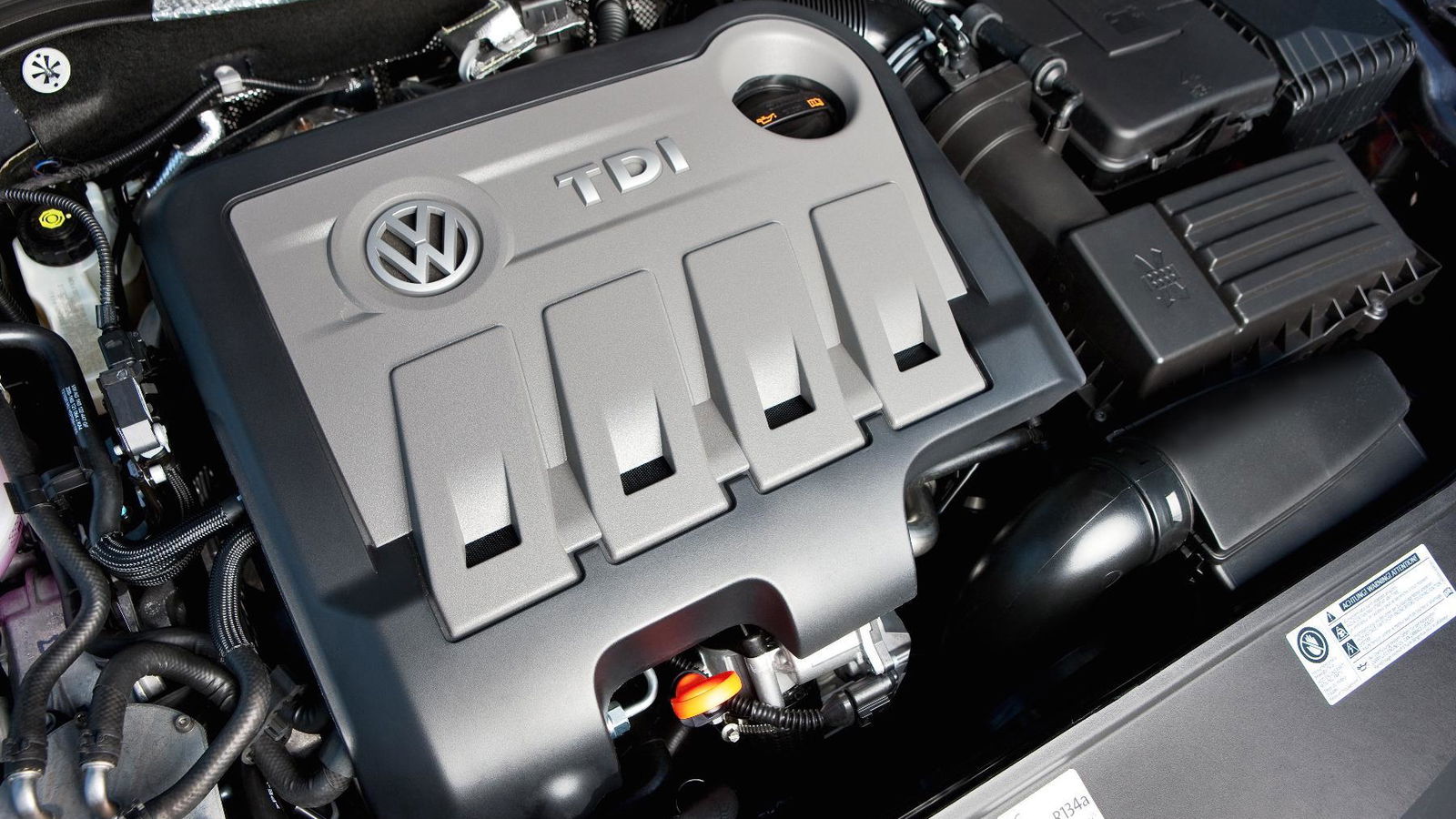What Are VW's Dieselgate Fixes Actually Doing To People's Cars In Europe?

As soon as fixes for VW Dieselgate-hit cars were announced, there was a reasonable amount of speculation as to how the changes might affect the cars. Would fuel economy worsen? Would power and torque drop?
The Guardian was contacted by one of its readers, claiming his ‘fixed’ 1.6-litre TDI VW Golf Plus had started stalling intermittently and become difficult to restart. The newspaper also pointed to a Facebook page containing various complaints, plus further reports of post-Dieselgate fix issues on motoring website Honest John.
In response, a VW spokesperson told The Guardian that around 0.02 per cent of the 540,000 fixed cars have generated complaints, going on to say: “We have engaged constructively with our customers. They are our top priority, and the vast majority are satisfied”. It’s also worth noting that in the UK, having the work done is still voluntary.
So, it could well be some relatively isolated cases. But, just a few days after The Guardian report, Swedish publication Teknikens Värld - the very clever chaps known for their often very revealing moose tests - tested a variety of post-fix VW Group cars, and while reliability wasn’t an issue, the majority of 2.0-litre TDI models had suffered from an increase in fuel consumption. Torque and power losses were extremely common, too, although - weirdly - one 1.6-litre TDI car actually gained power.
It’ll most likely be down to the different ways in which the cars are fixed. 2.0-litre models are given a simple software update, whereas the 1.6-litre cars receive a hardware upgrade in the form of a ‘flow transformer’, which according to VW “calms the swirled air flow in front of the air mass sensor and will thus decisively improve the measuring accuracy of the air mass sensor.”
Responding to the claims, Marcus Thomasfolk, Head of Communications for VW Sweden, said: “We track customer satisfaction after the measure and after reprogramming 75,000 cars in Sweden only 0.1 per cent are unhappy,” adding: “We are surprised by Teknikens Värld’s test results. The results from ’s tests are unique so far and have not been found anywhere else.”
Sources: Teknikens Värld, The Guardian


Comments
Check Engine light turns on as normal… “I guess I’ll say I’m satisfied!”
I have 2 questions for the whole VW scandal.
1) Do we know what exatcly these fixes do? Or we only know generalities like “software update”?
2) The new VW that are sold, I guess have these updates from the factory? Or you have to do them after you buy it? Or they have new engines? (which I dont think is the case, im pretty sure the engines are exatcly the same).
Naughty VAG. Naughty corner. Now.
-(Dieselgate Intensifies)-
Pagination